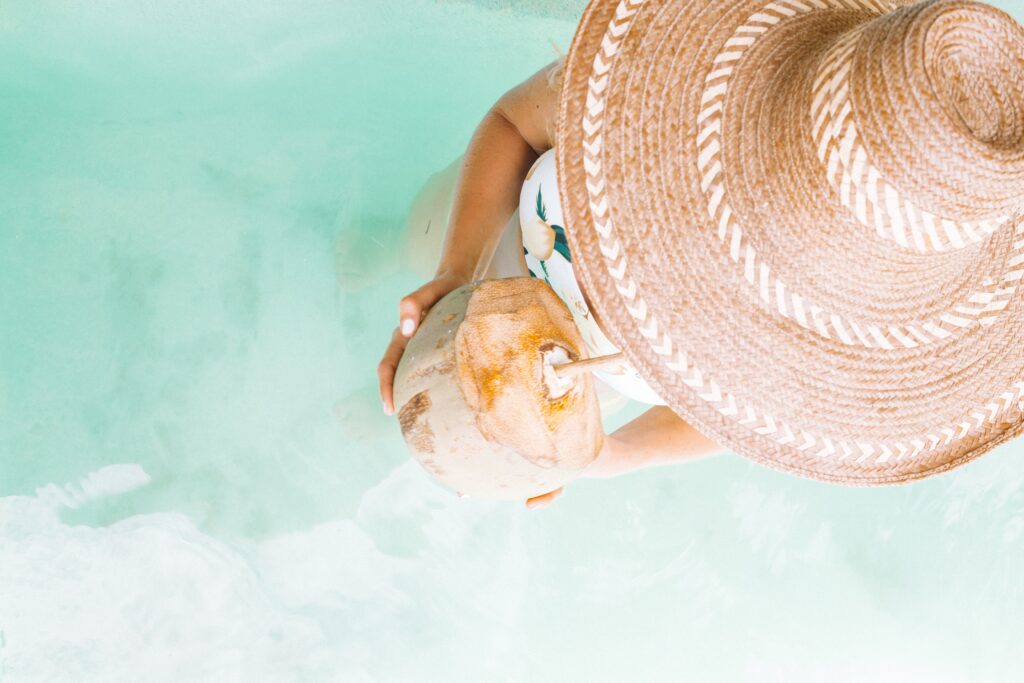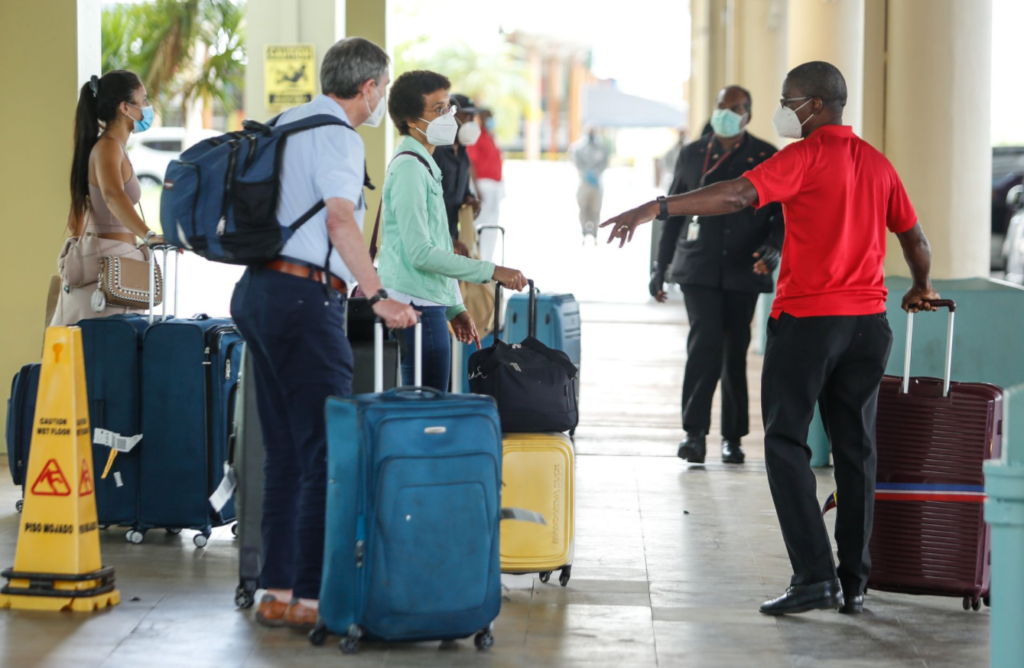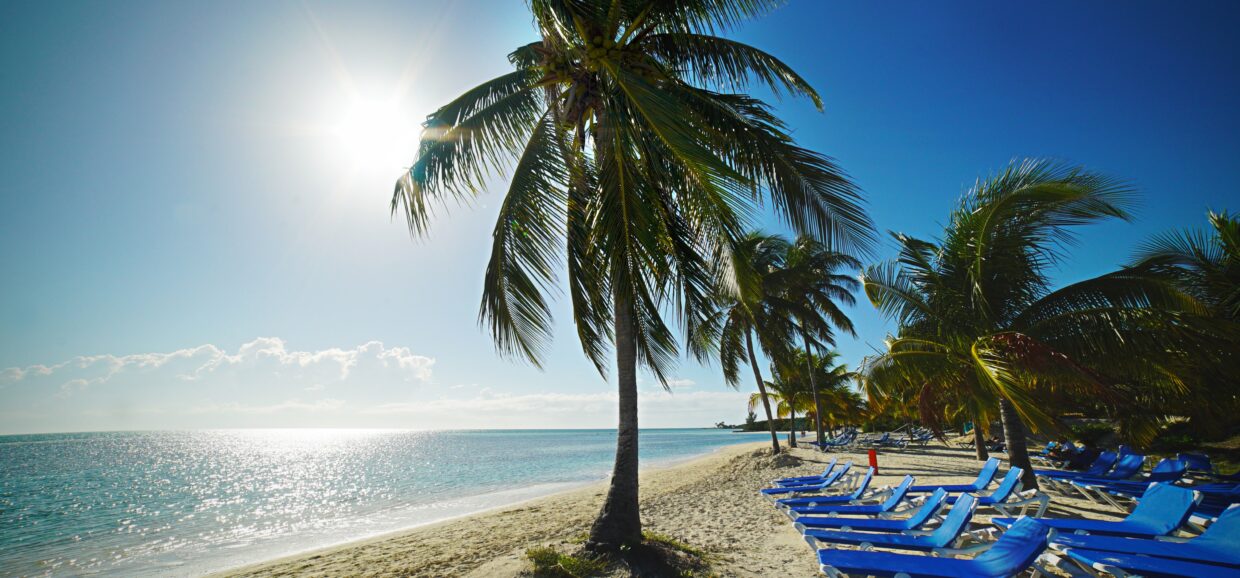International travel has not been affected as much in decades as by the COVID-19 pandemic.
From April 2020 to now, tourism in Latin America and the Caribbean went from a temporary standstill to barely thriving as a result of the coronavirus disease (COVID-19) pandemic. Tourism is a key generator of foreign exchange across the region. As a service activity, tourism is highly labor-intensive, accounting for 17% of direct employment in the Caribbean and 4% in Latin America, while in some countries (Antigua and Barbuda, Saint Lucia, Saint Kitts and Nevis, and The Bahamas,) this share exceeded 20% just before the pandemic. The unpresidented COVID-19 crisis has caused a major fall in tourism activity around the world including Latin America and the Caribbean. When the pandemic reached the region and an increasing number of countries closed their borders and tourism fell by 100%.
Considering the influence and necessity of tourism to the economies of Caribbean countries, several countries began reopening their borders for tourism in June and July 2020. These Caribbean countries have implemented a variety of safety protocols to contain the spread of COVID-19 following their reopening.

Here are some restrictions and requirements to consider before traveling to the Caribbean.
Most Caribbean countries require proof of a negative PCR2 test for COVID-19 taken within a few days of travel, and subject visitors to temperature checks and other health screenings on arrival.
Barbados & Grenada have implemented different entry requirements based on how the visitor’s country is categorized. Visitors from low-risk countries (mainly CARICOM countries) are required to take a COVID-19 rapid test upon arrival. Those from medium-risk countries (Canada, European Union, and the United Kingdom) are required to provide negative PCR tests seven days before departure and take a rapid test upon arrival. Visitors from high-risk countries (countries with active and widespread transmission) must provide proof of a negative PCR test seven days before departure, take a PCR test upon arrival, and remain in quarantine until negative tests are returned.

It is recommended that you visit the country’s tourism website and carefully review the entry requirements for visitors. Returning home may require several requirements which will be influenced by the COVID status of the country you visited. Visit your country’s health website to review the requirements for citizen reentry.

All Caribbean countries have implemented health measures for the population such as requiring masks in public spaces, including airports, and ensuring social distancing, and reopening hotels have had to implement sanitation and health and safety protocols to keep guests and staff safe. Countries have also employed different methods to separate tourists from residents in an effort to minimize community spread and the introduction of new variants of the COVID-19 virus such as Delta.
The global rollout of vaccines for COVID-19 has caused much adjustment to the protocols for visitors. In many islands, fully vaccinated visitors are no longer required to be confined to their accommodation. With a pass or ID provided by the local ministry of health at the airport, fully vaccinated visitors can freely roam the island, provided that they present a negative PCR or Antigen test on arrival. In some islands such as Barbados and Grenada, fully vaccinated visitors would still need to be tested on arrival and quarantine until they receive their results.

The establishments of curfews and lockdowns vary per island. Review the most current local media for such information before and during your stays. This would affect the amount of time you have to explore the country if you can. It may also affect your accommodation and the quality of service delivered.
Should a visitor test positive during their stay. Some islands require that they are isolated within their hotel rooms at their cost for 7-14 days (this period varies per country). It is recommended that you are prepared financially for such an emergency. After the period has passed another test will be taken to prove recovery before the local government discharges individuals with documentation.
There have been several reports of visitors who violate or break any mandates or local protocols and are caught by the local authorities. Visitors who tested positive have escaped their isolation in an effect to return home. This has placed many locals and other visitors at serious risk of infection but one of the following may occur:
- The Visitor will be sent to quarantine at a facility or within their hotel rooms for up to 7 days.
- The Visitor may face fines or jail time locally and on reentry home.
- The Visitor may be deported out of the island and blacklisted.
Before traveling to any country, research, review, and understand the protocols and requirements implemented. Some of these may be different from your home country but it is important to respect and follow the laws of the country you intend to visit. Remember that all governments and organizational bodies are trying desperately to help in the global fight against this pandemic. Be a responsible traveler and appreciate all that you can during your travels.


